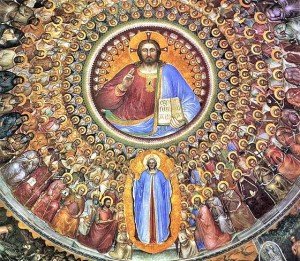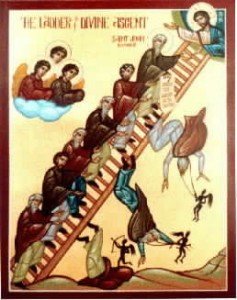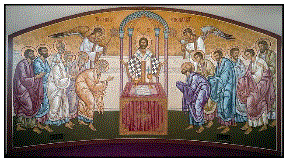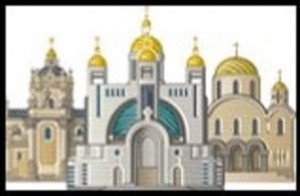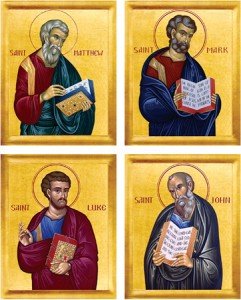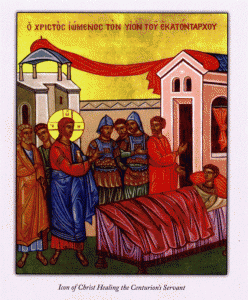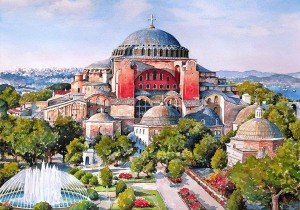 As I have shared with my readers, sacred tradition is aimed at bringing us into communion with God. The question is: How can we discern what is authentic Tradition? Clearly, we must walk in sensitivity to the Holy Spirit. If we cannot, as sons and daughters of God, confirm in our spirit that what presents itself as genuine Tradition is indeed of the Holy Spirit, then it cannot be Tradition. If the teaching does not remind us of the voice of the Shepherd, we should reject it as a fraud. The anointing which the Spirit has given us must lead us to say, THIS IS TRUTH.
As I have shared with my readers, sacred tradition is aimed at bringing us into communion with God. The question is: How can we discern what is authentic Tradition? Clearly, we must walk in sensitivity to the Holy Spirit. If we cannot, as sons and daughters of God, confirm in our spirit that what presents itself as genuine Tradition is indeed of the Holy Spirit, then it cannot be Tradition. If the teaching does not remind us of the voice of the Shepherd, we should reject it as a fraud. The anointing which the Spirit has given us must lead us to say, THIS IS TRUTH.
Simply put, “Faithfulness to Sacred Tradition is a participation in Pentecost and Tradition represents a fulfillment of Pentecost.” Pentecost marks the birth of the Church. On that day the Assembly first become aware of the presence of the Spirit among it. That first Church in Jerusalem had the assurance that it would never be orphaned by the Lord. God and His Word would now dwell among them in a manner that had never before been possible in the Old Dispensation. This assurance is intended for the Church of today as well.
Pentecost makes it possible for the Church of this generation to know the same promise which Jesus gave to the First Century Church, namely, that “when He, the Spirit of truth, comes, He will guide you into all the truth. This promise of Pentecost was not the exclusive right of the Early Church; it was intended for the Church of all time. As one theologian has said:
The Church is not bound by ’letter.’ Rather, she is constantly moved forth by the ’Spirit.” The same Spirit, the Spirit of Truth, which spoke through the prophets, which guided the Apostles, is still continuously guiding the Church into a deeper and fuller comprehension and understanding of the Divine Truth, from glory to glory.
The early Fathers never referred to a specific body of Christian teaching as Tradition. To them, Tradition was not a motionless “deposit’ of teaching, but “the actual divine revelation.” This revelation is the fruit of the ongoing work of Pentecost within the Body of Believers. It is this ministry of the Spirit which allows Christ’s Church to discern God’s Word from among the many other “words” it may hear.
Our Church, in communion with other Churches, is guided by Sacred Tradition. Since the Holy Spirit, through the work of many saints, established Christianity in the Slavic Lands, Sacred Tradition is our foundation.

